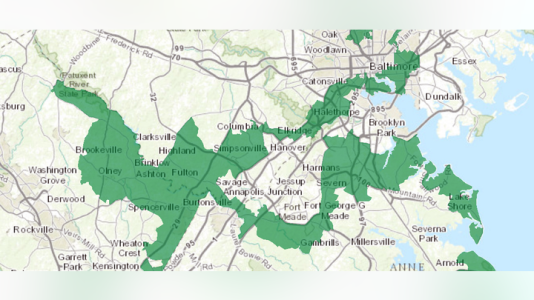LouderVol
Extra and Terrestrial
- Joined
- May 19, 2014
- Messages
- 57,544
- Likes
- 58,118
Create districts strictly with a procedure. Divide the state based on the population within them. Some divisor that multiplies neatly with the number of congressional districts. Looking at a map start in the northwest corner and add these cells based on proximity to the start location. Ignore other bureaucratic or geographic divisions. When one district is filled up create the next one touching the previous. Create rules to help fill in gaps: like no cells can become landlocked. And cells have to be as circular/square as possible, maintaining some "aspect ratio". No appendages. Make some distance rule, like no district may have a radius larger than the average diameter of other districts.I asked earlier today how to create districts better. Nobody offered a suggestion.
A third party "non partisan" committee is one of the ways I found in my search today. It is fraught with potential corruption.
There are a couple of other ways I found. Each with it's own pros and cons.
My suggestion is to 10x the size of congress. More districts means smaller, and more homogeneous groupings of people.
Or make it like some of the rules you give kids. One cuts the other gets to pick which one they want. Meaning one party gets to create the rules, but the other party gets to choose where to start them.





